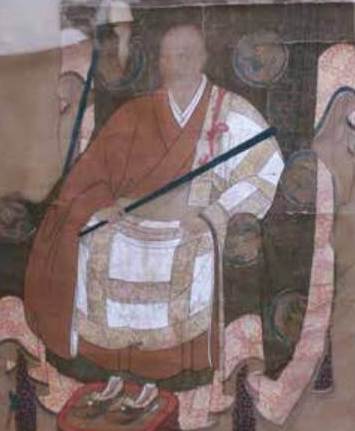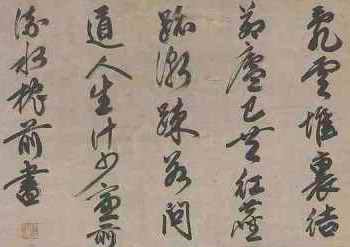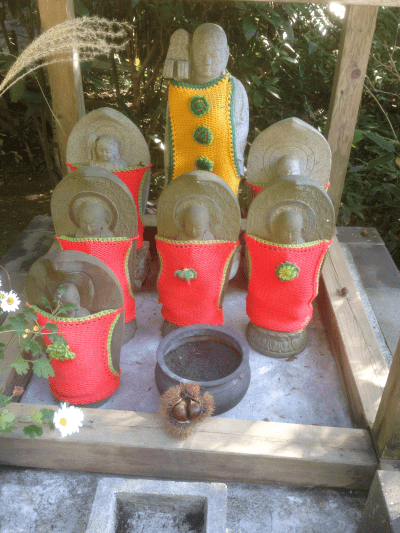Japanese Zen Buddhist poetry, China, and Sesson Yubai (1290-1346)
Lee Jay Walker
Modern Tokyo Times

The Zen Buddhist monk Sesson Yūbai (1290-1346) was a notable literati poet in the distant past of Japanese history. He fused many elements of indigenous Japanese culture with the potency of Chinese culture emanating from the Middle Kingdom.
In modern times, Buddhism continues to attract tourists and pilgrims to notable places including Chichibu, Kamakura, Koyosan, Kyoto, Nara, Negoro-ji, Nikko, and many other places in Japan that are blessed with countless Buddhist compounds and temples. However, the world of Sesson Yūbai breathed Buddhism along with the impact of high culture.

The MET Museum says, “Sesson Yūbai, one of the most accomplished literati Zen monks, was both proficient in calligraphy and learned in Chinese poetry. After studying with the Chinese émigré monk Yishan Yining (Japanese: Issan Ichinei, 1247–1317), he spent twenty-three years in China, and his calligraphy reveals the influence of the latest Chinese styles. Ample space between the columns of text allows the longer horizontal strokes and pronounced diagonals to stand out.”
In a delightful poem he wrote:
My thatched hut is woven with disordered layers of clouds.
Already my footprints are washed away with the red dust.
If you ask, this monk has few plans for his life:
Before my window, flowing waters; facing my pillow, books.

His time in China was blessed by the Buddhist circles he moved in. Also, he took ideas emanating from Japan – while bringing back ideas from the Middle Kingdom. Therefore, the flow of culture went in both directions – along with the fusion of different Buddhist mindsets that were influenced by regional differences, sects, Confucianism, Taoism, Shintoism (Japan), and other important angles.
His time in China was also a period of hardship. Hence, he was imprisoned after edicts led to anti-Buddhist attacks. Thus true to the nature of Sesson Yūbai, he contemplated and developed new ideas while imprisoned in Chang’an.
He wrote – with the clearest of minds:
I do not like praises and honors
Nor did I fear disdain
I just stayed away.
My mind, clear water,
My body bound and tied
For three years in Chang’an.
I sing what I feel in songs
In straight words, undecorated.
In life and death, his world belongs to the path of the Buddha – and developing his Buddhist faith irrespective of hardship.

PLEASE SUPPORT MODERN TOKYO TIMES by DONATING
Modern Tokyo News is part of the Modern Tokyo Times group
DONATIONS to SUPPORT MODERN TOKYO TIMES – please pay PayPal and DONATE to sawakoart@gmail.com
http://moderntokyotimes.com Modern Tokyo Times – International News and Japan News
http://sawakoart.com – Sawako Utsumi personal website and Modern Tokyo Times artist
https://moderntokyonews.com Modern Tokyo News – Tokyo News and International News
PLEASE JOIN ON TWITTER
https://twitter.com/MTT_News Modern Tokyo Times